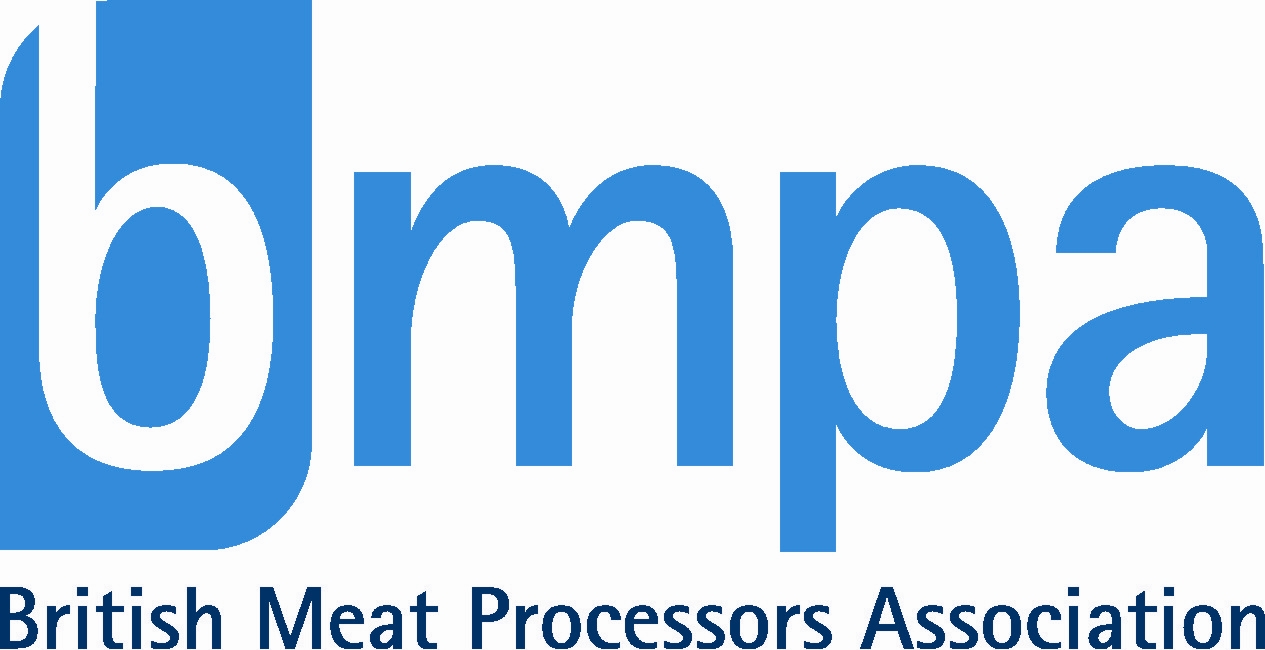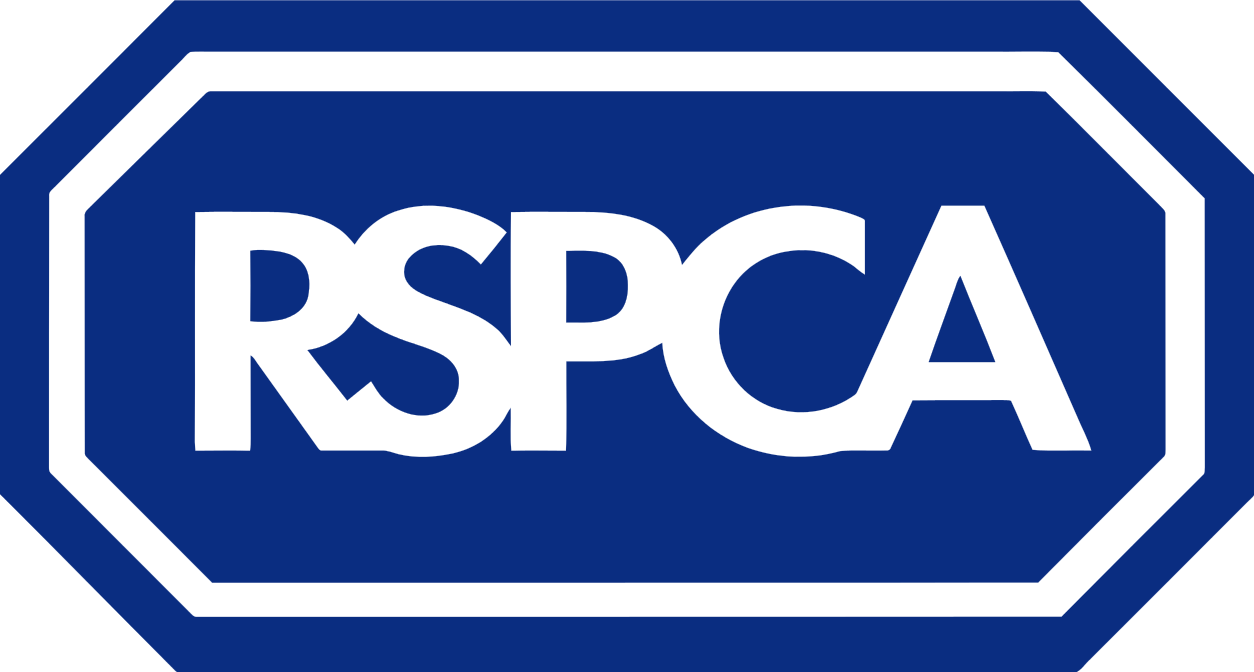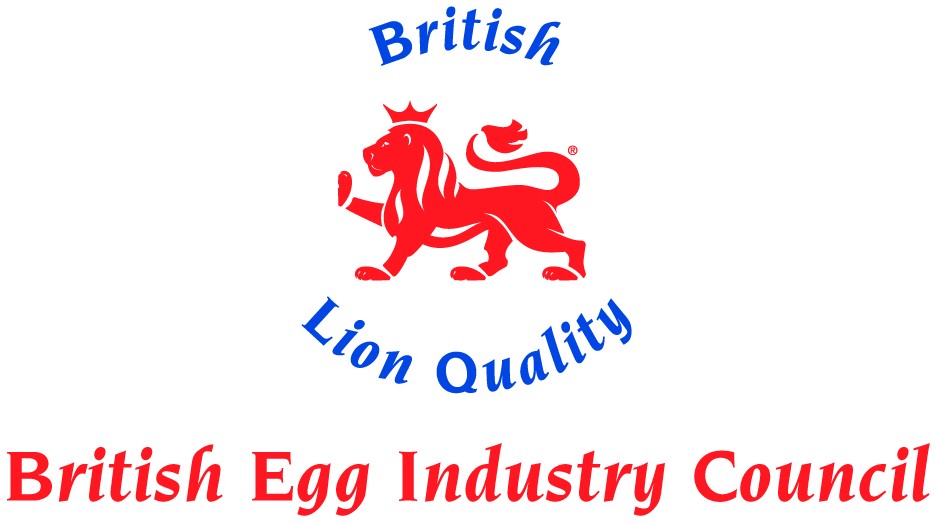The RUMA Independent Scientific Group
The RUMA Independent Scientific Group was established in 2017. Its members cover areas of human and animal medicine, and they advise both RUMA Agri and RUMA CA&E on technical developments, help underpin fact-based and scientific approach, and provide independent expert voices with a One Health perspective on the responsible use of medicines in livestock and companion animals and equines.
The members of the Group are all eminent specialists in their own right in fields related to the responsible use of medicines in both human and animal medicine. They cover a wide range of specialisms and share a common desire to bring factual evidence and science to the debate around animal medicines – and antibiotic resistance in particular, to prompt the right actions, while ensuring animal welfare is protected.

Professor David Barrett (deputised by Dr Kristen Reyher)
Professor of Bovine Medicine, Production and Reproduction at University of Bristol

Dr Ian Brown
Consultant Clinical Research Fellow at Oxford University & Oxford University Hospitals; Chairman of the Government’s Advisory Committee on Animal Feedstuffs

Professor Mark Fielder
Professor of Medical Microbiology at Kingston University; President of the Society for Applied Microbiology

Professor Nigel Gibbens
Veterinary public health consultant specialising in disease control & animal health and welfare policy

Daniel Parker
Avian expert for UK government; Technical Advisor to the British Poultry Council; Lecturer at Cambridge University Veterinary School

Tamsin Dewé
Head of AMR Surveillance and Evidence – VMD

Dr Paul Cook (Observer)
Head of the Microbiological Risk Assessment Branch of the Food Standards Agency
SIGN UP TO THE MONTHLY E-NEWLSETTER FROM RUMA
RUMA Members

































